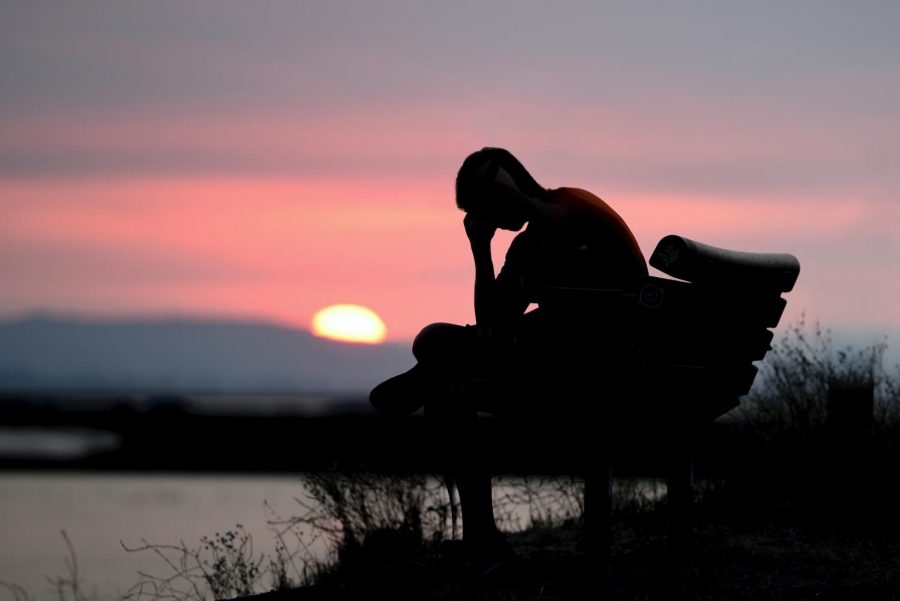For about eighth months now, people across the nation have felt the repercussions of the coronavirus.
The country went under a lockdown, schools are now doing virtual learning and more than half of all states require masks for entry into public buildings, schools, shops and restaurants.
The virus has affected teen mental health dramatically, with surging numbers in cases of teen anxiety and depression. Leslie Brown, a licensed professional counselor based in Dallas, says there are multiple cases of adolescents reporting depression and anxiety related symptoms due to being socially distanced from their peers.
“In some cases where adolescents may find it difficult to express their emotions, some common behavioral changes noted in adolescents are attitude changes, anger episodes, poor focus, poor academic performance and violent tantrums,” Brown said.
For months, teens, along with the rest of the country, were forced to stay in their homes away from physical contact with others and put a halt to their typical routines. This is known as social isolation.
“Social isolation can have intense negative outcomes at the end, i.e. depression and anxiety,” clinical psychologist Caroline Ford said.
While returning to school has allowed students to socialize with their peers, the new normal regarding school has caused a new version of anxiety and frustration.
“I do think one of the major benefits of in-person learning is the dynamics of learning with others, academic discussions with peers and teachers and time to socialize and connect with friends,” clinical psychologist Tabatha Chansard said. “I think masks and social distancing may negatively impact this, making it harder for people to connect with one another more naturally.”
However, it is medically necessary to wear masks and social distance to combat the spread of the coronavirus because the virus spreads easily from person-to-person, according to the Centers for Disease Control and Prevention. The CDC says everyone over age 2 should wear a mask in public settings, especially when social distancing is hard to maintain, such as in the classroom.
In regards to students participating in online learning, anxiety and stress has also increased.
“Obviously for those who don’t learn their best in a distanced environment, this will likely lead to increased stress, increased pressure and may impact your self-esteem.” Chansard said.
According to all three psychologists, social isolation, a new method of learning and the many other ways coronavirus has negatively impacted everyday lives all have made home life more difficult.
“Mental health will always affect home life, coronavirus or not,” Ford said. “Students will bring their feelings to and from school. This can affect all relationships.”
Chansard mentioned that increased emotional turmoil from coronavirus could lead to family conflict.
“Family may also be a place where you feel more tense, irritable, and this leads to increased family conflict,” Chansard said.
There’s no doubt the pandemic has changed lives and has affected young adolescents. However, there are tactics and strategies to combat anxiety and depression.
These psychologists suggest kids alleviate stress by maintaining a normal routine, staying connected to friends, making time to take fun breaks, meditating, listening to music, planting, exercising, journaling, baking and cooking.
In addition, they recommend keeping a consistent sleep schedule. Teens need about nine to 11 hours of sleep a night.
Although there are still many unknowns regarding the virus, there is one thing Chansard thinks we should remember.
“It’s important that everyone knows that this is temporary,” she said.




